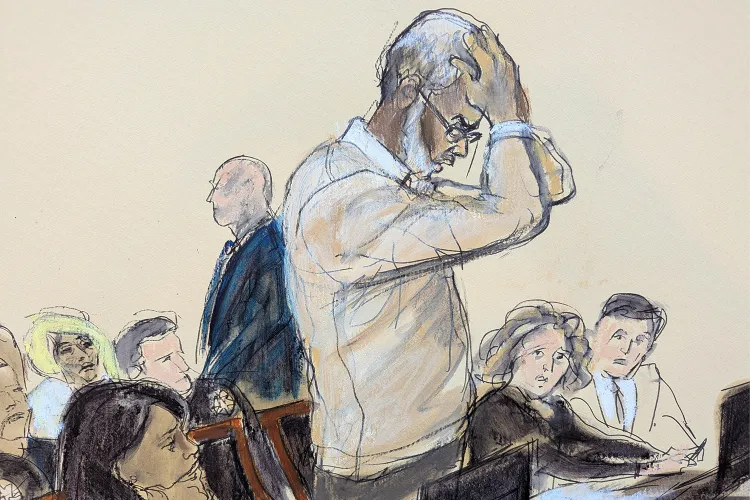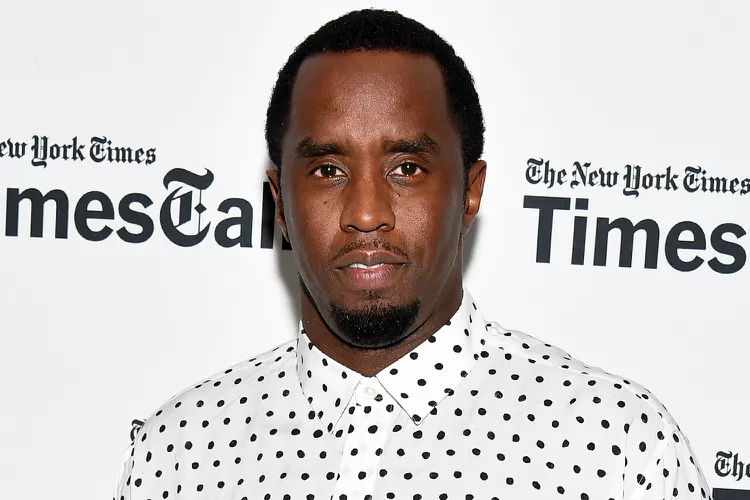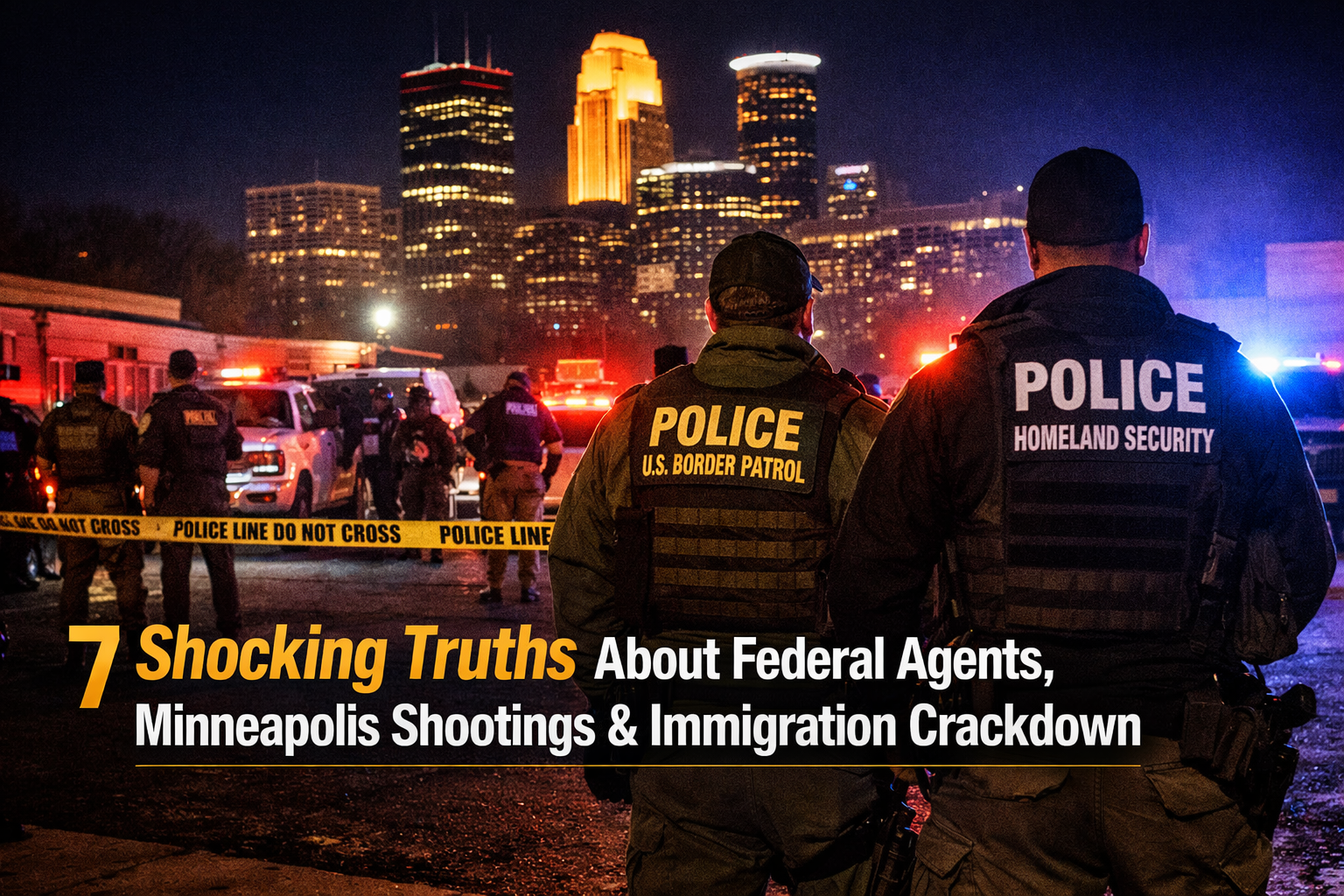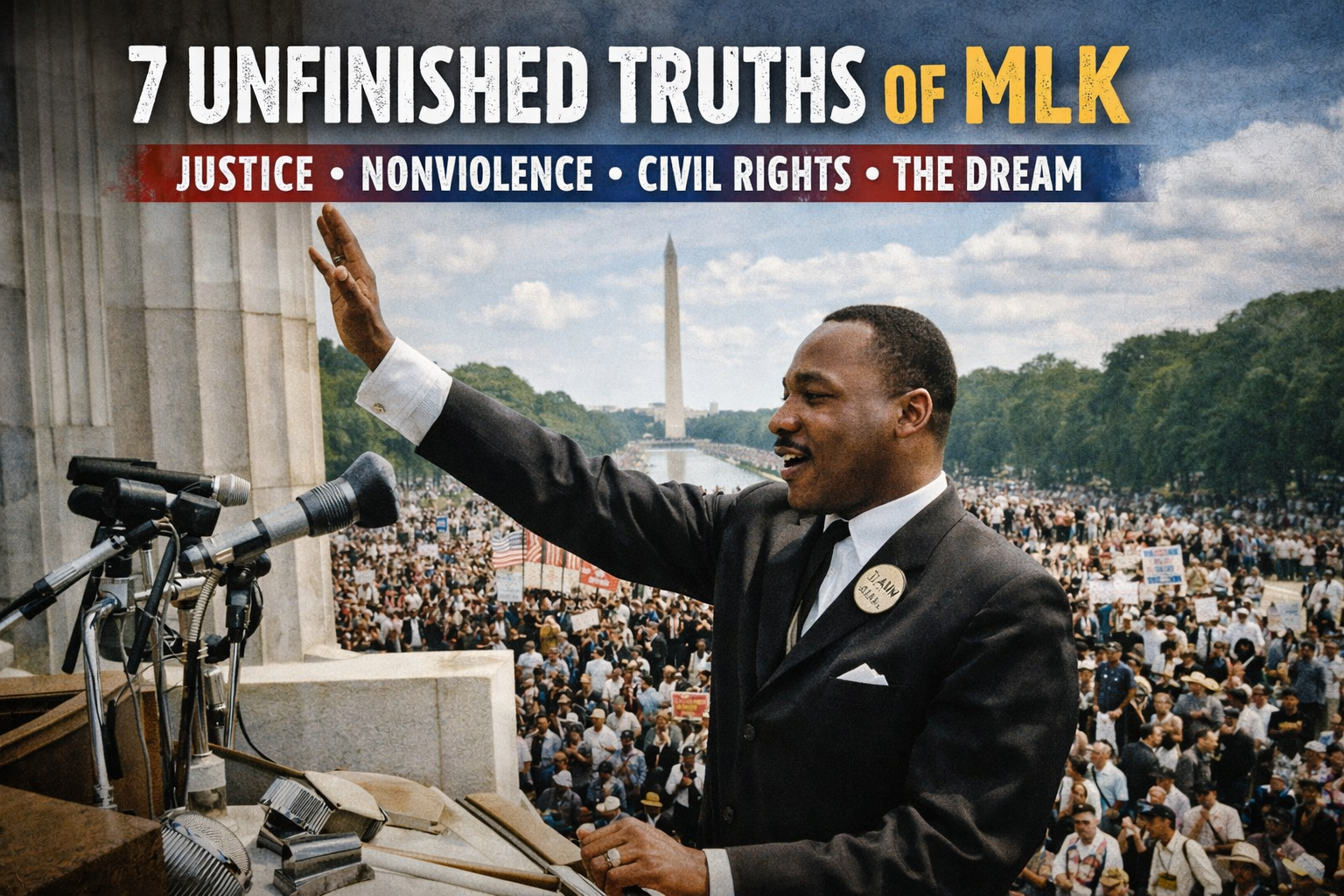
Major Takeaways:
Diddy officially began serving his 50-month federal prison sentence at Fort Dix, a low-security facility in New Jersey.
The mogul’s conviction for transporting women across state lines for prostitution marked a dramatic downfall from his entertainment empire.
His business ventures and public reputation have taken a major hit, while his legal team plans his next steps, including potential appeals and rehabilitation efforts.
Diddy Begins Federal Prison Sentence in New Jersey After Guilty Verdict
Sean “Diddy” Combs, one of the most recognizable names in hip hop and entertainment, has officially begun serving his federal prison sentence at a low security facility in New Jersey. The move marks a stunning fall from grace for the media mogul who once defined the sound, style, and swagger of a generation.
For decades, Diddy represented power, wealth, and influence not just in music but across fashion, liquor, and television. Now he’s trading designer suits and studio sessions for a federal jumpsuit and the daily structure of prison life.
It’s a story that feels almost unreal. Diddy, the self proclaimed “Bad Boy for Life,” is now inmate number 91205 at a federal institution in New Jersey. For a man who built his legacy on the image of control, luxury, and power, this is the harshest kind of reset.
From the Penthouse to Prison
It’s been a long and messy road for Diddy. Federal investigators had been circling him for months before the indictment dropped. When the case finally hit the courtroom, it shook the entire entertainment world.
Diddy faced multiple charges including racketeering conspiracy, transportation for the purpose of prostitution, and violations under the Mann Act. The prosecution built its case around witness statements, travel records, and allegations of manipulation and abuse that tore through the glamorous image he spent decades crafting.
In July 2025, a federal jury found him guilty on two counts of transporting women across state lines for prostitution. The more serious charges, including racketeering and sex trafficking, were dismissed, but the conviction was enough to send shockwaves through his empire.
By October, the judge handed down his sentence: four years and two months in federal prison, a hefty fine, and five years of post release supervision. For Diddy, a man who once controlled global music charts, fashion runways, and multimillion dollar businesses, it was a moment that stripped away everything but the truth.
Why New Jersey
After sentencing, Diddy’s legal team requested that he serve his time in New Jersey at the Federal Correctional Institution in Fort Dix. It’s a low security facility on a military base that houses thousands of inmates. Fort Dix isn’t luxurious, but it’s safer and more structured than higher security prisons. It offers educational programs, vocational training, and most importantly the Residential Drug Abuse Program which can reduce an inmate’s sentence by up to a year.
His team argued that the facility would allow Diddy to participate in rehabilitation programs and remain closer to his family. The judge approved the placement. His time already served in the Brooklyn detention center will count toward his sentence, putting his expected release date somewhere around May 2028, assuming he earns good conduct credits.
What Life Looks Like Behind Bars
At Fort Dix, Diddy’s days are dictated by the system. Wake up early, headcount, chow, work assignments, program sessions, lights out. The celebrity world where everything revolved around him is gone. There are no entourages, no personal chefs, no private jets.
He’ll be expected to work like everyone else possibly in the kitchen, on maintenance crews, or in a factory unit. Phone calls are short and limited. Visits are controlled and monitored. The man who built an empire off commanding attention now lives under strict federal order.
For someone used to private jets, champagne toasts, and luxury suites, the transition will be jarring. Even in a low security prison, the rules are rigid, the structure unyielding, and privacy almost nonexistent.
The Empire on Pause
When Diddy went in, his business empire didn’t collapse overnight—but it did freeze. His companies, from his music ventures to his fashion brand and liquor partnerships, are being managed quietly by lawyers and corporate teams. But everyone knows that without the man himself steering the ship, things will never run the same.
He has always been the face of his empire the decision maker, the strategist, the showman. Without him, investors get nervous, partners step back, and deals stall. Several brand collaborations have already been suspended. Some former partners have distanced themselves, hoping to avoid association with the scandal.
Diddy built his business on image, and that image is now tarnished. What was once seen as bold and fearless now looks like arrogance and downfall. The business might survive financially, but the brand as the world knew it is gone.
Reputation in Freefall
For more than thirty years, Diddy represented ambition and excellence. He became a model for Black entrepreneurship, a man who turned dreams into dollars. But his conviction changed everything.
To some, this is long overdue accountability. To others, it’s another example of how the system loves to take down successful Black men. The truth sits somewhere in the middle.
His public image has been completely reshaped. The mogul who once ruled hip hop with confidence and authority now carries the label of a convicted felon. His music, his awards, his legacy all are now overshadowed by what happened in that courtroom.
For fans and followers, it’s a tough pill to swallow. We celebrated his wins, his influence, his swagger. Now we’re left grappling with the reality that success doesn’t erase wrongdoing and fame doesn’t guarantee immunity.
The Bigger Picture
This isn’t just another celebrity downfall it’s a mirror reflecting deeper issues in our culture and justice system. Diddy’s case forces us to look at how money, fame, and race intersect in American justice.
Would a less famous man have received the same treatment? Maybe not. Would a less wealthy one have ended up in a harsher prison? Probably. And that’s the contradiction he’s both privileged and punished.
At the same time, it sparks conversations within the Black community about power, accountability, and legacy. Diddy’s story reminds us that influence doesn’t make you untouchable. In fact, it can make the fall that much harder.
Life After Fort Dix
When Diddy finally walks out of Fort Dix, his next chapter will depend on how he handles these years. If he completes his programs, maintains good behavior, and truly uses this time for reflection, he could return to the world a changed man.
The industry loves a comeback story, but only when it feels real. Audiences will be skeptical. Some will never forgive him. Others will be waiting to see if he takes ownership and shows genuine growth.
Behind the scenes, there’s talk that his team is already planning a redemption narrative a book, a documentary, maybe even a reflective project about his time in prison. Whether that’s authentic or just another PR move remains to be seen.
But one thing’s for sure: the Diddy who walks out in 2028 won’t be the same man who walked in. Prison changes people, especially those used to power and privilege.
What This Means for the Culture
For Urban City readers, this moment hits deep. Diddy wasn’t just another rapper. He was a movement a symbol of how far Black ambition could go. His success showed young hustlers everywhere that you could come from the block and still build an empire.
Now that symbol has cracked. His story forces the culture to ask: what do we celebrate? What do we ignore? And what do we forgive?
We’ve seen this movie before powerful men brought down by ego, surrounded by yes men, blind to consequence. Diddy’s fall isn’t just personal, it’s cultural. It challenges us to redefine what success really means, especially for Black men in power.
The Final Word
Diddy’s transfer to a New Jersey prison marks a turning point in one of hip hop’s biggest stories. It’s not just a fall from grace it’s a reality check. From Harlem to Hollywood, from the penthouse to prison, his journey shows how quickly the game can flip when the truth finally catches up.
He’ll spend the next few years under federal watch, with limited contact and a stripped down life. His empire will continue without him, but his reputation may never fully recover.
Whether you see it as justice or tragedy, one thing is clear: the era of “Bad Boy for Life” has ended.
When he finally walks out those gates in 2028, the world he once ruled will have moved on. The question now isn’t whether he’ll come back it’s whether anyone will still be listening when he does.














